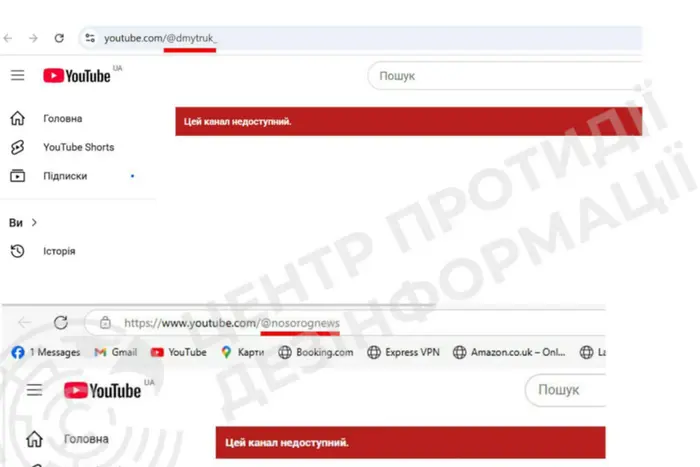Phishing and Fake Accounts: How to Protect Yourself from Internet Scammers. Tips from Cyberpolice.


Scammers are becoming more cunning and disguise attacks as official sites
Law enforcement agencies warn that scammers are becoming more sophisticated and hide their attacks behind official websites and accounts. Head of the Department for Counteraction to Online Fraud of the Cyberpolice Department of the National Police of Ukraine, Oleksandr Ulyanenkov, emphasizes that one of the common types of fraud is phishing, where fake websites are created that look real.
Malefactors usually use similar page designs and change subtle details in the link to lure the user into a trap. However, details in the link often contain grammatical errors or an extra dot, which reveals the forgery.
In addition to phishing, it is also necessary to be careful when shopping through social networks. Scammers create fake accounts for the purpose of deception and extortion. Cyberpolice recommends always checking reviews about the seller and paying attention to the account creation date.
You should also be cautious about calls from banks or mobile operators, as scammers may hide their intentions under charitable requests or customer data checks. They may require confirmation codes to access accounts.
Cybersecurity professionals recommend using complex passwords, verifying information sources, setting up two-factor authentication, and limiting the amount of personal information you publish online. According to them, the less personal information available to scammers, the harder it will be to access your data.
Read also
- In the United Kingdom, a 'halal' dating site has been exposed
- The video generation model Veo 3 has launched in Ukraine
- Mark Zuckerberg assembles a star team to develop superintelligence
- YouTube blocked the channel of the fugitive MP Dmytruk in Ukraine
- North Korean IT Workers Invented a Scheme to Steal Military Secrets from the USA
- More robots than humans will work in Amazon warehouses










